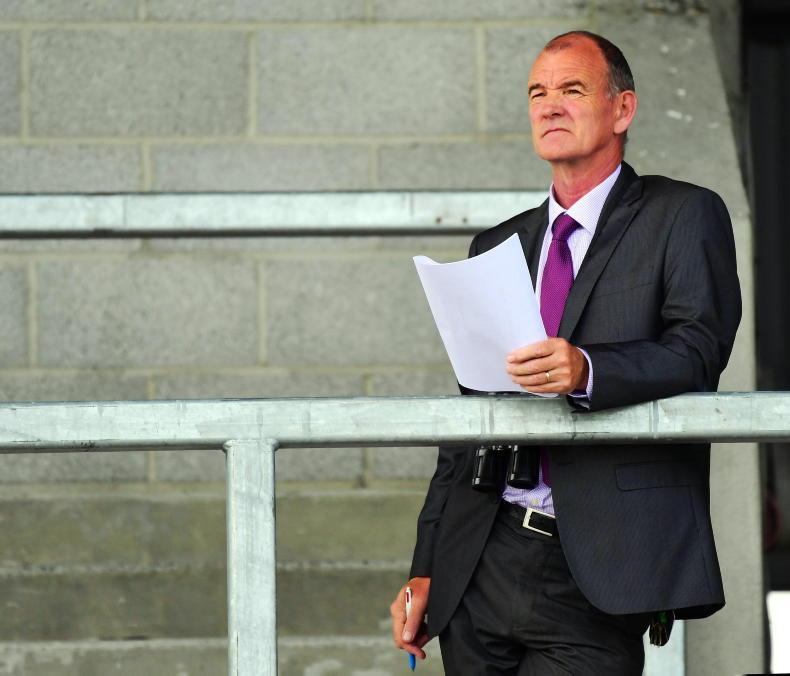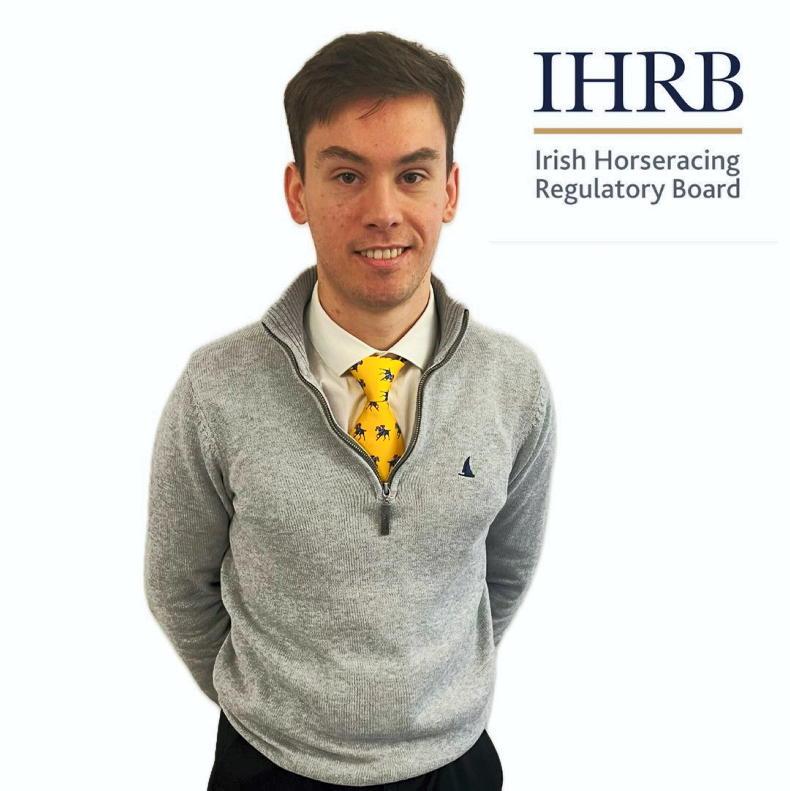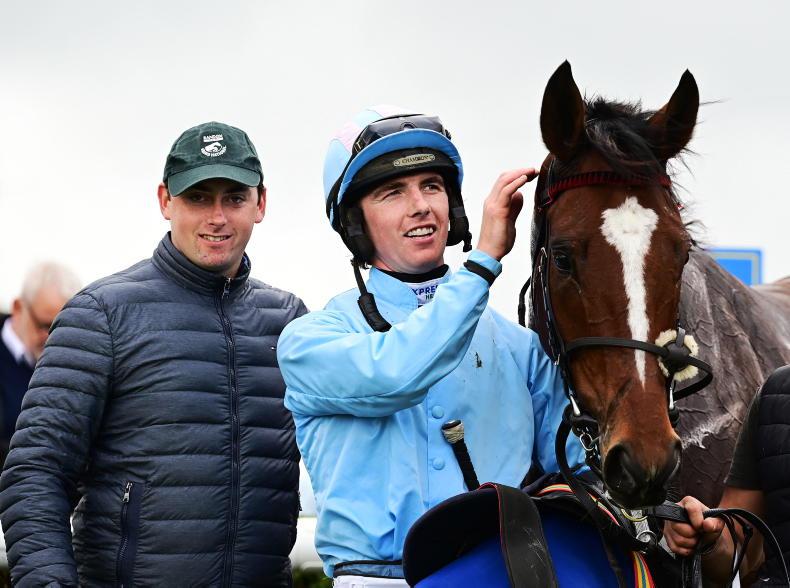ANDREW ‘Sandy’ Shaw will retire as Senior National Hunt Handicapper at the end of November.
Shaw joined the Turf Club’s handicapping team in 1995 and took over as Senior NH Handicapper in 2018, following the untimely passing of Noel O’Brien.
He says he had been considering retirement last year and made up his mind when he lost his wife Cathryn in January after a short illness. “You can’t take it for granted you will enjoy good health when you reach 65,” he said. “I want to spend more time with my seven grandchildren. That’s more important than my career.”
Shaw’s decision to make a clean break with racing has led to a reshuffle in the Irish Horseracing Regulatory Board’s handicapping ranks. From December 1st flat handicapper Mark Bird will join Shay Quinn as Joint Senior NH Handicapper.
This opens up a vacancy for a flat handicapper to work alongside Senior Flat Handicapper Garry O’Gorman (see advert on page 5).
Separately Gary Shaw has moved from the IHRB Licensing Department to join the handicapping team and will work across both codes. Gary Shaw will be available to assist with all handicap queries from trainers across both codes and such queries can be made to handicapping@ihrb.ie
Before he became a handicapper, Sandy Shaw graduated from the Irish National Stud Course and worked at Spendthrift Farm, Kentucky, where he was responsible for the care of leading stallions such as Seattle Slew, Affirmed, J O Tobin and Raise a Native. He returned to Ireland to manage Brownstown Stud on the Curragh.
“I think it helped that I worked with horses and understood them,” he said. “But being a handicapper is all about experience. After three years in the job, I probably thought I knew it all but three years later I looked back and realised I hadn’t.”
He says he enjoyed a good relationship with trainers based on mutual respect and trust. “You see so much racing data nowadays, even how much time a horse lost jumping a fence. That’s great to see but I would describe my style of handicapping as more ‘human’.
“For example if a horse could theoretically be rated 116 or marginally above that bracket, I might speak to the trainer and take their views on board. I always gave trainers and owners a hearing. I learned that from Noel and that is important.
“Ratings have to be justified in all cases – you have to be able to stand over it - but our philosophy when dealing with trainers was ‘you don’t mess with me and I won’t mess with you.’”
Asked why there has never been a female handicapper, Shaw said: “When I started with the Turf Club I think [vet] Maura O’Connor was the only female racing official. There are many more now and it’s only a matter of time before we have a female handicapper.”




 This is a subscriber-only article
This is a subscriber-only article
 It looks like you're browsing in private mode
It looks like you're browsing in private mode









SHARING OPTIONS: